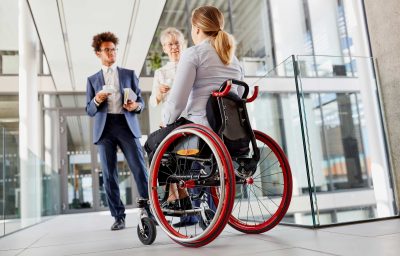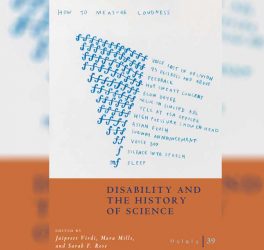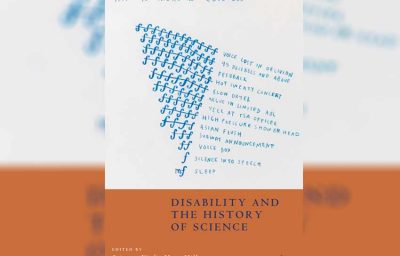
The U.S. Equal Employment Opportunity Commission (EEOC) released updated on Tuesday adding a new section to clarify under what circumstances COVID-19 may be considered a disability under the Americans with Disabilities Act (ADA) and the Rehabilitation Act.
According to the EEOC’s new guidance, a person who has or was previously diagnosed with COVID-19 can be considered disabled if the condition or any the symptoms they experience cause “physical or mental” impairment that “substantially limits one or more major life activities.”
“This update to our COVID-19 information provides an additional resource for employees and employers facing the varied manifestations of COVID-19,” said EEOC Chair Charlotte A. Burrows. “Like effects from other diseases, effects from COVID-19 can lead to a disability protected under the laws the EEOC enforces. Workers with disabilities stemming from COVID-19 are protected from employment discrimination and may be eligible for reasonable accommodations.”
Key information includes:
- In some cases, an applicant’s or employee’s COVID-19 may cause impairments that are themselves disabilities under the ADA, regardless of whether the initial case of COVID-19 itself constituted an actual disability.
- An applicant or employee whose COVID-19 results in mild symptoms that resolve in a few weeks—with no other consequences—will not have an ADA disability that could make someone eligible to receive a reasonable accommodation.
- Applicants or employees with disabilities are not automatically entitled to reasonable accommodations under the ADA. They are entitled to a reasonable accommodation when their disability requires it, and the accommodation is not an undue hardship for the employer. But, employers can choose to do more than the ADA requires.
- An employer risks violating the ADA if it relies on myths, fears, or stereotypes about a condition and prevents an employee’s return to work once the employee is no longer infectious and, therefore, medically able to return without posing a direct threat to others.








